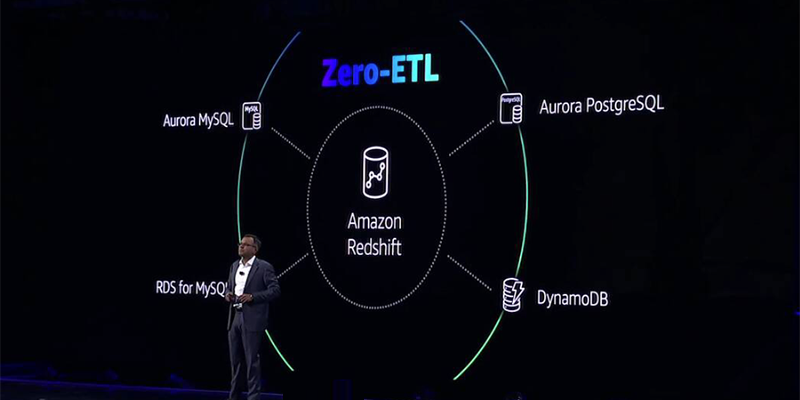As cybersecurity professionals, IT admins, and data protection officers, we must ensure compliance with India’s Digital Personal Data Protection Act (DPDA) of 2023 to safeguard personal data and avoid hefty penalties. Here are five strategies to ensure your organization meets the DPDA requirements, emphasizing data backup, cloud recovery, retention, sovereignty, and compliance.
1. Master Key Articles of the Digital Personal Data Protection Act
The DPDA sets forth stringent requirements for data processing, consent, and individual rights. To align your practices:
- Consent Management: Secure explicit consent from individuals before data processing begins.
- Data Minimization: Limit data collection to what is strictly necessary for operational purposes.
- Data Security: Implement advanced security measures to protect personal data from breaches.
Understanding the core principles of the DPDA ensures your data handling processes are compliant and secure. Regular training sessions and policy reviews can help keep your team informed and aligned with the latest requirements.
2. Deploy Robust Data Backup and Recovery Solutions
To comply with DPDA, robust data backup and recovery mechanisms are non-negotiable. Key steps include:
- Automated Backups: Schedule regular automated backups to safeguard data consistently.
- Multiple Backup Locations: Enhance data redundancy by storing backups in multiple geographic locations.
- Rapid Recovery: Ensure that your backup solution offers swift and reliable data recovery options to minimize downtime.
CloudAlly provides a comprehensive Microsoft 365 backup solution that includes automated daily backups, diverse backup locations, and efficient recovery options tailored to both enterprise and SMB needs.
3. Adhere to Data Retention and Archival Requirements
The DPDA mandates specific guidelines for data retention and proper disposal. Ensure compliance by:
- Establishing Retention Policies: Create and enforce data retention policies that meet the DPDA’s standards.
- Automating Archival Processes: Utilize automated systems for data retention and deletion to streamline compliance efforts.
- Maintaining Audit Trails: Keep detailed records of data retention and deletion activities to facilitate audits.
Implementing automated archival and retention policies, such as those offered by CloudAlly, helps maintain regulatory compliance effortlessly.
4. Ensure Data Sovereignty
Data sovereignty is a critical aspect of the DPDA, especially for sensitive personal data. Ensure compliance by:
- Using Local Data Centers: Store personal data within Indian borders to meet data sovereignty requirements.
- Selecting Cloud Providers with Local Options: Choose providers that offer data storage solutions within India.
CloudAlly’s newest AWS data center in Mumbai guarantees that your data stays within national borders, fulfilling the DPDA’s data sovereignty mandates.
5. Enhance Security and Compliance Protocols
Strengthening your security measures is vital for DPDA compliance. Key actions include:
- Encryption: Employ strong encryption methods for data both at rest and in transit.
- Access Controls: Implement multi-factor authentication and granular access controls to protect sensitive data.
- Regular Security Audits: Conduct frequent audits to identify and mitigate vulnerabilities.
CloudAlly’s solutions are ISO 27001, HIPAA, and GDPR compliant, offering robust security features such as AES-256 encryption, OAuth, OpenID, and MFA/2FA. These features ensure that your organization meets the highest standards of data protection.
Namaste, India!
Complying with India’s DPDA is critical for cybersecurity professionals, IT admins, and data protection officers. By mastering the act’s key articles, deploying robust backup and recovery solutions, adhering to retention and archival requirements, ensuring data sovereignty, and enhancing security protocols, you can protect your organization from penalties and build trust with your clients.
With our brand new data center in Mumbai, India, we at CloudAlly are proud to say, Namaste, India! supports compliance with the DPDA’s data sovereignty requirements. Our secure SaaS data protection platform, fortified with stringent security credentials and comprehensive data management features, ensures your organization’s adherence to DPDA standards. Book a demo or schedule a free 14-day trial with CloudAlly today to protect your SaaS data effectively.
For more information on how CloudAlly can help you stay compliant with the DPDA, download our Security Datasheet.

